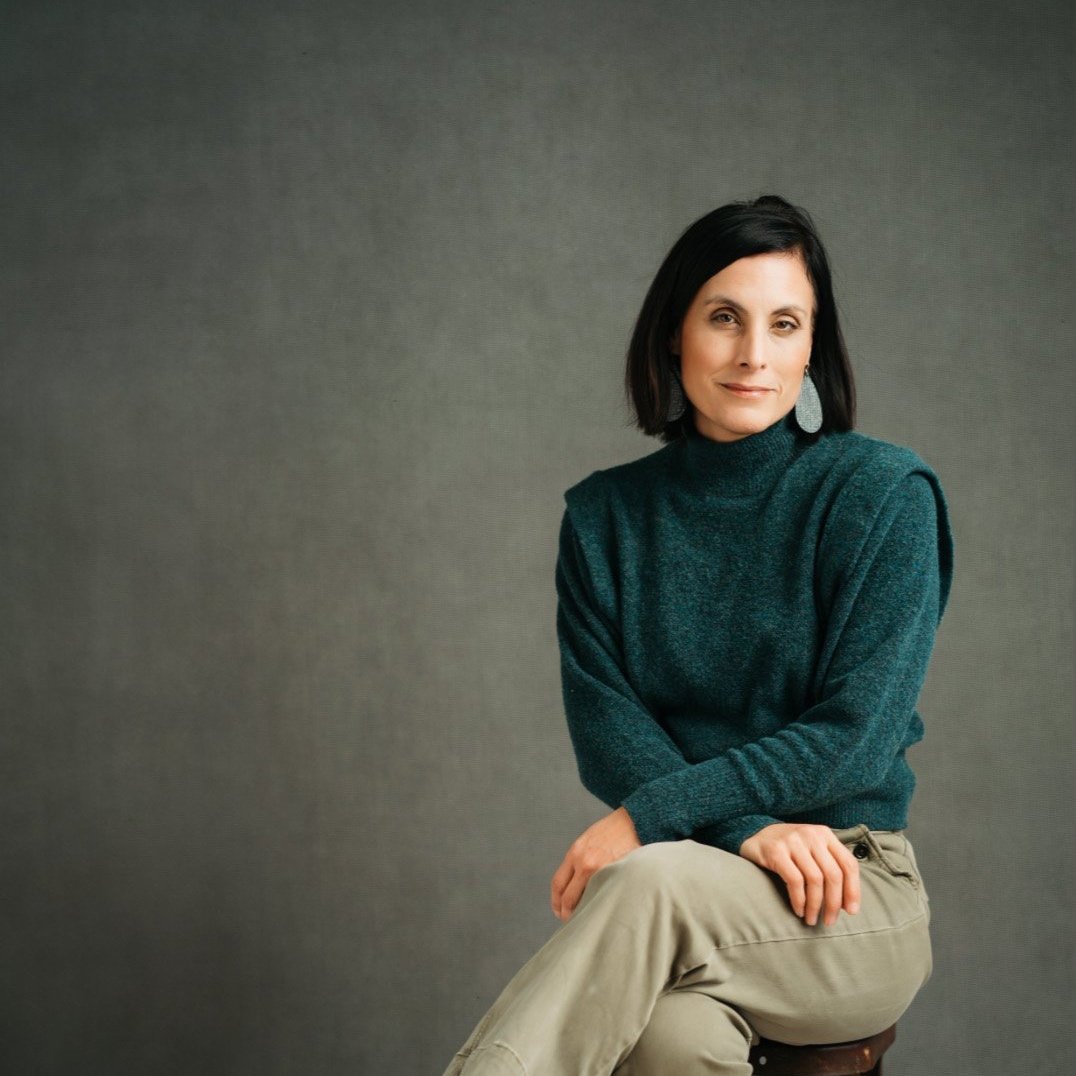Why image size and crop matters
If you are like me you get excited to start using your images the moment you open your gallery. You can’t wait to share them and start improving your websites and social media. But before you start throwing images around let’s take a beat and make sure we are setting ourselves up for success down the road.
As a brand owner you wanted updated content to improve the visibility of your business online, but not setting your images up correctly can make your visibility drop.
Website Image Sizing
Google is set to read your website and rank it so the user had the best experience. It looks at a number of things to decided how authoritative your site is- among them is how fast your page loads. The size of you images impact greatly the user experience and images that are too large can be hurting your SEO (Search Engine Optimization.) — meaning all of your hard work isn’t being seen.
When you receive a client gallery of your branding or headshot images you have two files sizes you can download and I suggest downloading both and saving them in separate large and websized files. This will make it easier to find the correct files. Download the entire gallery for both sizes. You may find a need for a certain image file and don’t want to have a hard time finding the correct file size. Most websites like files sizes to be 250KB to 500KB.
Here is an example of a gallery for a local boutique. You can see when you hover over the photo you have some options and one of which is the option to download. When you select the download you will see a second screen which allows you to pick the size of the file. You can also on your gallery download the entire gallery all at once.
Image Crop and Layout
Where the image is used matters to how you crop the image. Often websites have a number of full screen horizontal images. It is preferable to use horizontal images and not use a vertical image cropped down. One reason we do a website review for our clients is so we plan what images are going to go where on the website. We want to shoot for the end use— and in this case the end use is a header image.
The same is true for our social media. If you heavily use Instagram stories you know a portrait image is preferable over a horizontal landscape image. You want you images to look great and using the right crop can go a long way.
My suggestion is to review your website and make a list of your layouts and the crops and kind of images you need for each section. As I have designed my website and helped other brand owners review their websites, I have found that having white space or negative space in an image is important to accommodate important headers (which Google reads!)
Create your image layouts inside your website designer. Programs like Canva are really good at designing all sorts of attractive layouts, but if you start designing headers and webpage sections in Canva and upload them as images to your website you will quickly find your layouts don’t read correctly on both desktop and mobile views. Often times you have text and images working together on your website and they shift layout depending one screen they are being viewed on. I do use Canva to design product templates, events, etc, as single images, but double check how the image crops on different sized screens.
Naming your Files
When you receive your files or create files they are often generically named. As you use your images you can rename them to maximize your SEO keywords. Rename your files to include some important location or service keywords that you want to rank for.
Did you know that google can’t “read” images like you and me? Here is a bonus tip- fill in the alt text. Alt text is used by Google to understand what is happening in the image. You can simply write what you see and add a few important key words. Don’t stuff keywords in. Google will sniff out keyword stuffing. Look at the image and write alt text as if you were describing the image to a visually impaired person. For example, for a headshot I might write, “professional male headshot smiling with non-gear glasses topeka ks.”
How to check your website SEO
Review your website on Google Search Console. If you have never used it before (you are not alone!) you just need to set it up with your google account and claim your website property. You can also connect your google console account directly to your website. You can look under “Core Web vitals” and see your page speeds. This tool is great to track your website performance and see what keywords you are currently tracking for. You can also index your website (which you should do!) so the web crawlers reread your content to make sure they are pushing it out!
SEO isn’t the most fun- actually it is quite flustering, but it is important. Image resizing and keywording are just two small ways to boost your SEO. Take time to understand how your keywords in the right places make a big difference. Afterall- we want to be seen and grow. Your website is just as important as your social media, so make sure it is as healthy and productive as it can be.
If you are interested in scheduling a consult call to talk about your business image needs I would be happy to set aside some time to review your website and discuss how we can work together.





